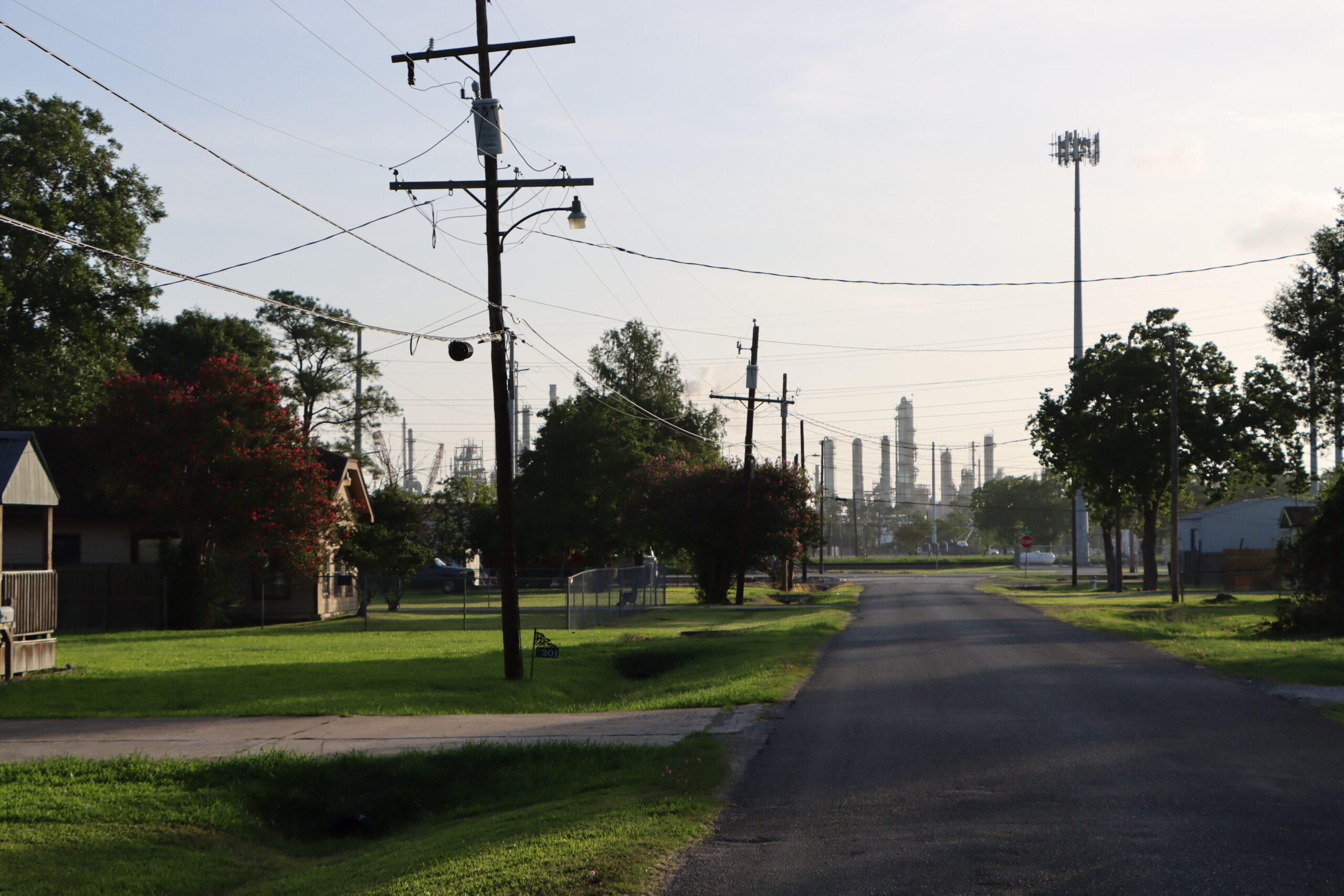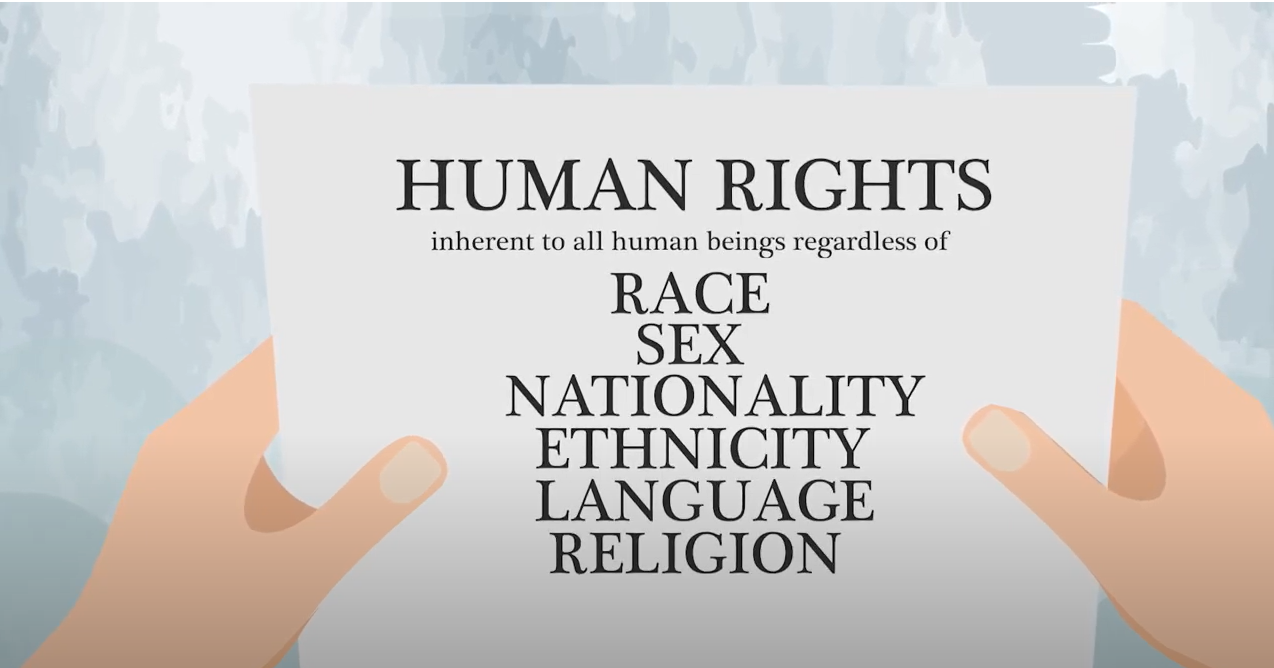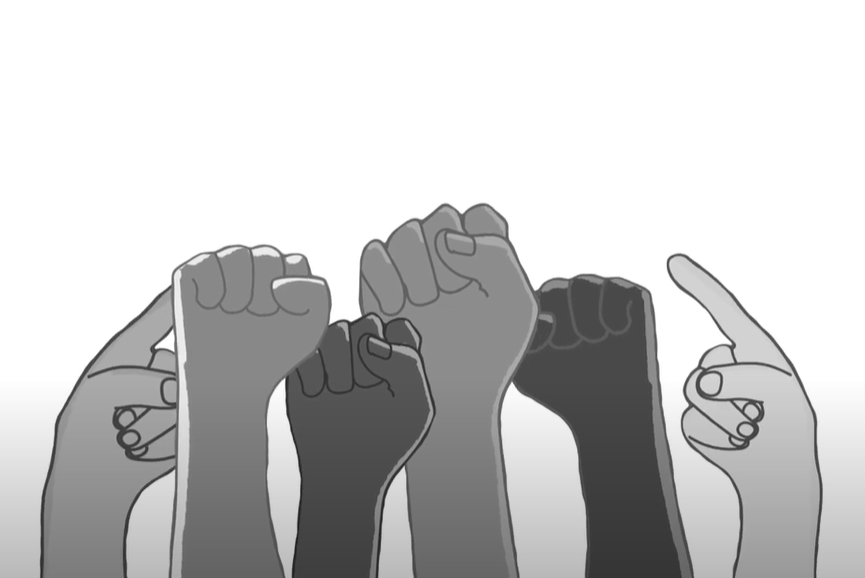Das vierte Diskussionspapier der Initiative „Trade Unions for Energy Democracy.“ Das Prinzip „Energiedemokratie“ ist in den letzten Jahren zu einem wichtigen Thema innerhalb des internationalen Gewerkschaftsdiskurses zu Energie und Klimawandel geworden. Immer mehr Gewerkschaften und Verbände wie die „Trade Union Confederation of the Americas“ fordern die demokratische Kontrolle von Energieressourcen, die Rekommunalisierung des Energiesektors und den gerechten Übergang zu einer kohlenstoffarmen und auf erneuerbaren Energien basierenden Wirtschaft.
„Power to the People: Auf dem Weg zu einer demokratischen Verwaltung der Energieerzeugung“ beginnt mit einer Analyse der „Public Works“-Programme zur Zeit des New Deal in den Vereinigten Staaten und der international verbreiteten staatlichen Förderung von Energiegenossenschaften nach dem Zweiten Weltkrieg. Das Diskussionspapier zeigt außerdem die praktische Bedeutung des Begriffs Energiedemokratie auf und vermittelt Gewerkschaften ein besseres Verständnis davon, welche Initiativen es bereits gibt und was in der Zukunft möglich ist. Dazu stellt es die derzeit wichtigsten Ansätze für eine demokratische Kontrolle der Energieerzeugung vor – genossenschaftliche Unternehmen im Bereich erneuerbare Energien und Initiativen zur Rekommunalisierung der Energieerzeugung und -versorgung.
Gewerkschaften und sozialen Bewegungen haben die Macht, ein neues Energiesystem voranzubringen, das im Zentrum einer neuen Wirtschaftsordnung steht, die auf Gerechtigkeit, Nachhaltigkeit und Wirtschaftsdemokratie gründet. Die Autoren dieses Papiers – Sean Sweeney, Kylie Benton-Connell und Lara Skinner – loten die konkreten Möglichkeiten zur Annäherung an dieses Ziel aus. Eines steht jedenfalls außer Zweifel: Gewerkschaften müssen teilhaben – wenn nicht gar die Führung übernehmen – im Kampf für wirtschaftliche und ökologische Gerechtigkeit.
Reaktionen auf Power to the People:
Michael D. Langford, President, Utility Workers Union of America:
The Utility Workers Union of America fully supports reclaiming the utilities and the power generation sector in order to serve the public good. America’s energy infrastructure – both physical and human – is in terrible condition. Methane, a potent greenhouse gas, is leaking everywhere as a result of crumbling pipes. Meanwhile, workers in coal-fired power stations are being kicked to the curb by greedy corporations. Whole communities have been left stranded. My union believes in a planned and just energy transition, and a scale-up of renewable energy under public control as a means of creating good jobs and addressing climate change. But the key issue for us is democratic control and decision-making driven by the public good and not private gain. This is a fight we are willing to wage, because our collective future depends on it.
RoseAnn DeMoro, Executive Director, National Nurses United:
Nurses unions from all over the world will wholeheartedly embrace the approach taken by the latest TUED report Power to the People. In 2012, more than seven million deaths were attributed to exposure to fossil fuels, and the health impacts of climate change, such as the spread of malaria and dengue fever, as well as extreme weather events like superstorm Sandy and typhoon Yolanda, are claiming the lives and livelihoods of the most vulnerable. The fight for democratic control of energy will therefore be a fight for the health and welfare of billions of people. Public and democratic control offers the only way to deploy clean and renewable energy in a way that allows for climate justice, serious levels of job creation, and a truly ‘just transition’ for workers presently working with fossil fuels. It will also be a fight to defend basic democratic rights — which are being eviscerated all around the world by large oil, coal and gas companies who have politicians in their back pockets.
Lawrence Hanley, President Amalgamated Transit Union:
The Amalgamated Transit Union believes that public mass transportation systems will play a big role in a low-carbon world. The development of electric vehicles run on renewable sources of power is also critically important. But what stands in the way of a modern, clean and accessible public transport service is the political and economic power of the likes of the Koch Brothers and their political friends who are waging a war on everything public. We can and must reclaim energy and particularly electricity generation for the public good – because a dramatic scale up of public renewable power will help ensure that the next generation of trains and buses will serve communities, and help us win the war on traffic congestion and airborne pollution. We must put the public back in charge of both the energy and the transport systems. People and the planet are demanding nothing less.
Naomi Klein, author, This Changes Everything:
The TUED paper Power to the People has defined one of the most important collective tasks: to democratize key sectors of our economy, with electricity generation as perhaps the most pressing of such sectors given its role in fueling climate change, poor health, and the displacement of communities. The paper’s detailed and facts-based approach will help unions and their allies in the climate justice movement to find ways to resist particularly damaging forms of extraction, as well as to begin to take power generation back city by city, region by region, and nation by nation. The new climate and people-friendly economy won’t be “incentivized” into existence – it will be unleashed by the power of unions, social movements and organized communities, struggling together to reclaim key aspects of economic life for the common good.



